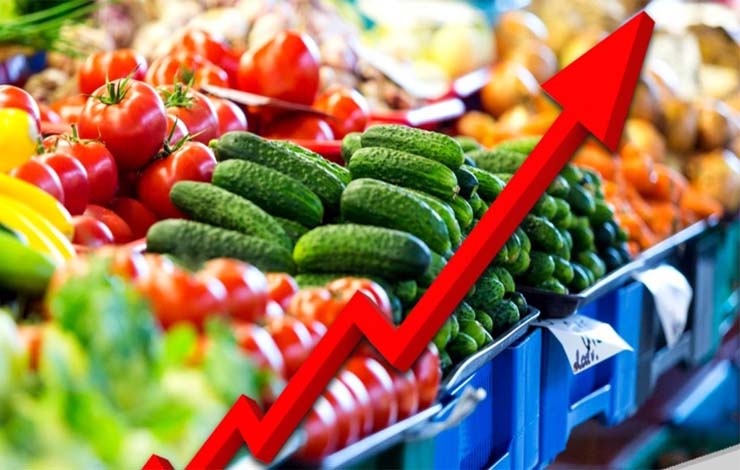The sensitive price indicator (SPI) inflation reached a 14-week high of 2.83 percent week-over-week during the seven days that ended on February 2, 2023, due to a sharp rise in the price of gasoline and LPG.
The percentage surpassed a 20-week high on a year-over-year basis at 34.49 percent, and it was predicted that, after another spike in gasoline prices, it would reach 40 percent in the coming two weeks.
The Pakistan Bureau of Statistics (PBS) released data on Friday attributing the WoW rise in SPI to increases in the costs of staple foods like garlic (17.07%), pulse gram (7.10%), bananas (4.75%), chicken (4.37%), pulse masoor (3.91%), mustard oil (3.47%), eggs (3.42%), pulse moong (2.33%), sugar (2.32%), and vegetable ghee 1kg (2.13 percent).
Only the potato price decreased, from 0 point 37 percent per kg to 0 point 37 percent.
The WoW SPI rose 1 point71, 1 point99, 2 point17, 2 point47, and 3 point30 percent for the groups spending up to Rs. 17,732, Rs. 17,732-$22,888, Rs. 22,889-$29,517, Rs. 29,518-$44,175 and over Rs. 44,175. For each of these groups, the SPI saw a YoY increase of 31 points, 32 points, 34 points, 36 points, and 35 points, respectively.
On a WoW basis, SPI had the greatest impact on those who spent more than Rs44,175, whereas the YoY impact was felt the most by those whose spending capacities were between Rs29,518 and Rs44,175.
The commodities in the SPI basket are given varying weights according to the PBS data. Wheat flour (6.1372 percent), sugar (5.1148 percent), firewood (5.0183 percent), long cloth (4.2221 percent), and vegetable ghee (3.2833 percent) are the commodities with the highest weights for the group with the lowest spending capacity.
All of these goods saw price increases, except electricity and long clothing.
Compared to 221.54 points from the previous week and 169.37 points from the week ending February 3, 2022, the SPI was recorded at 227.79 points.






